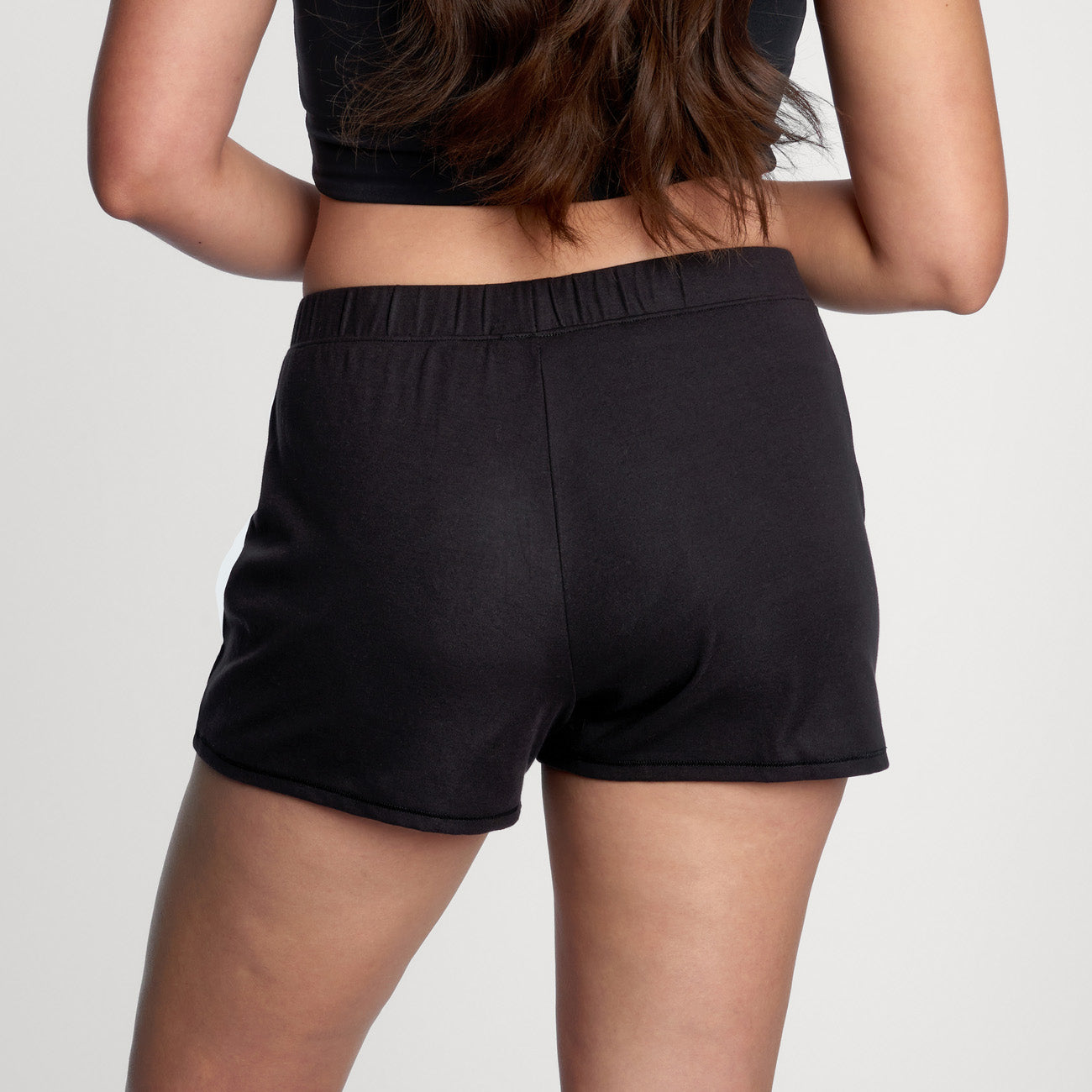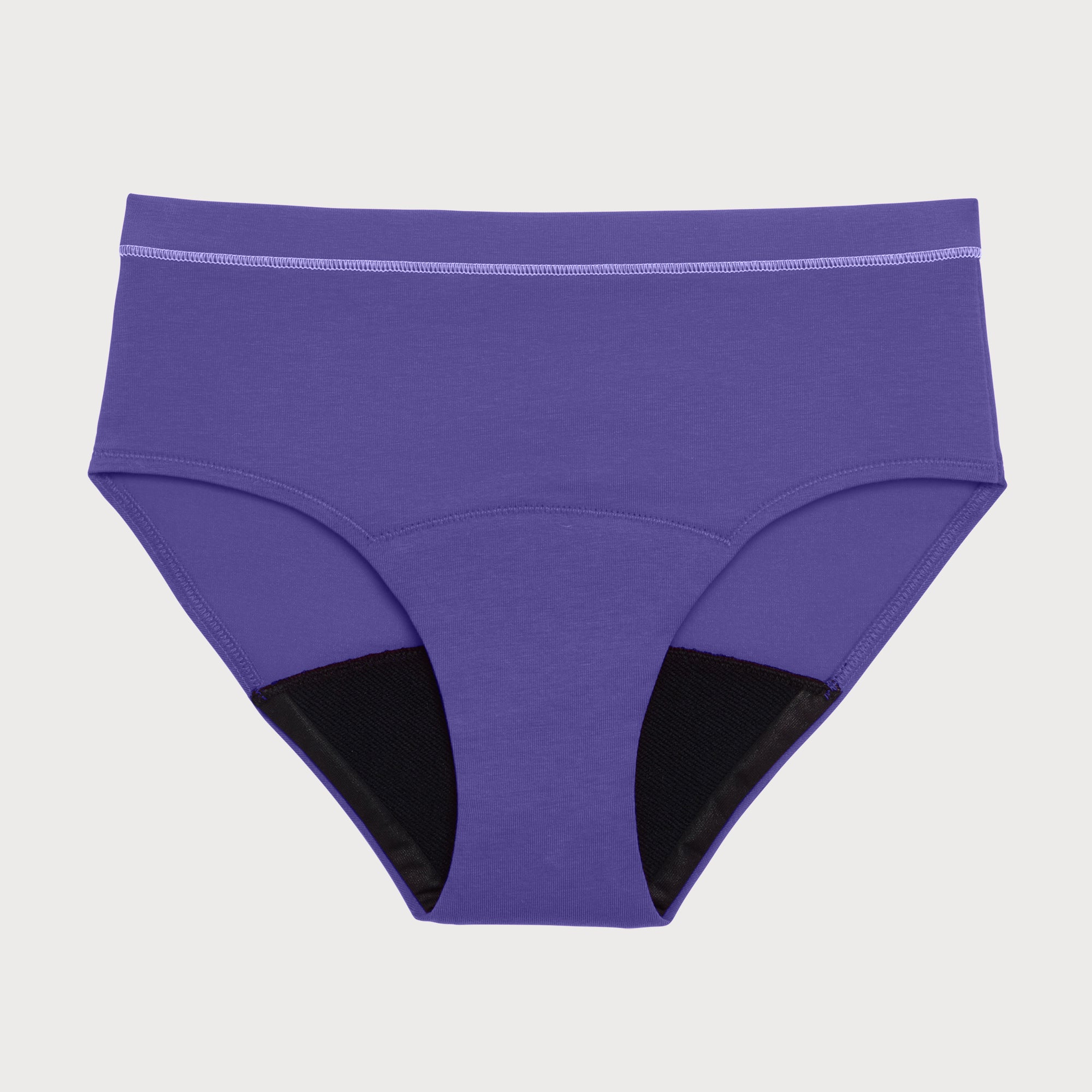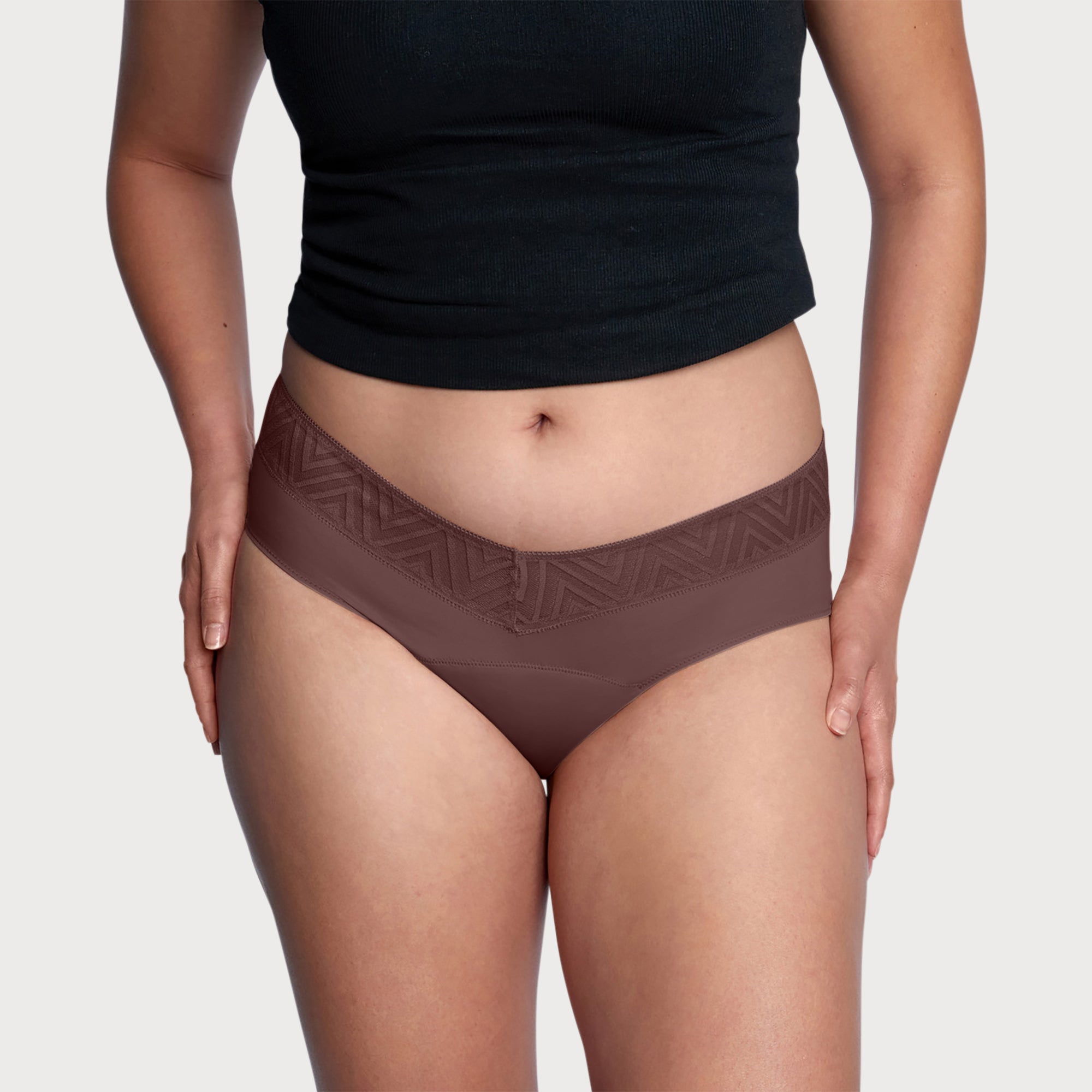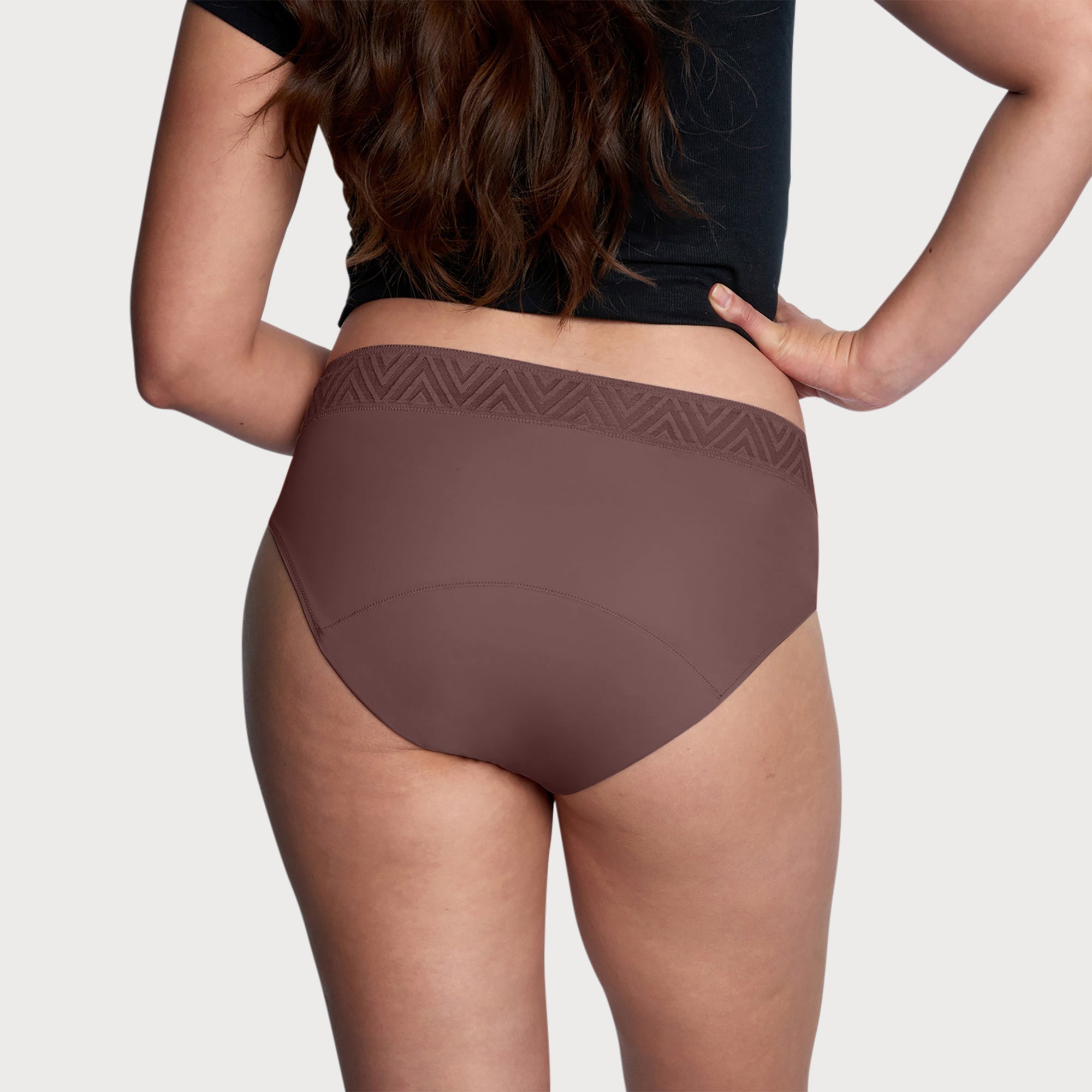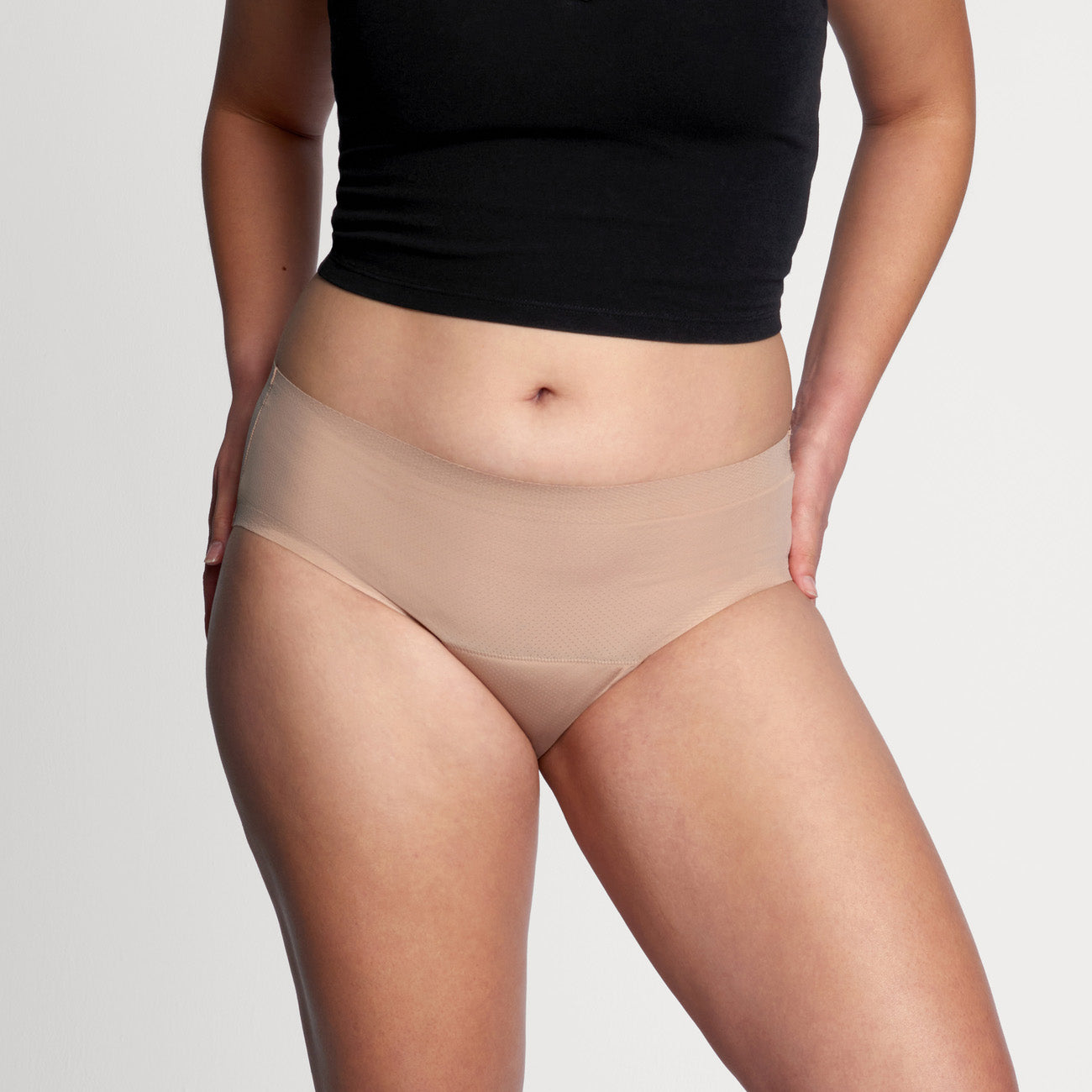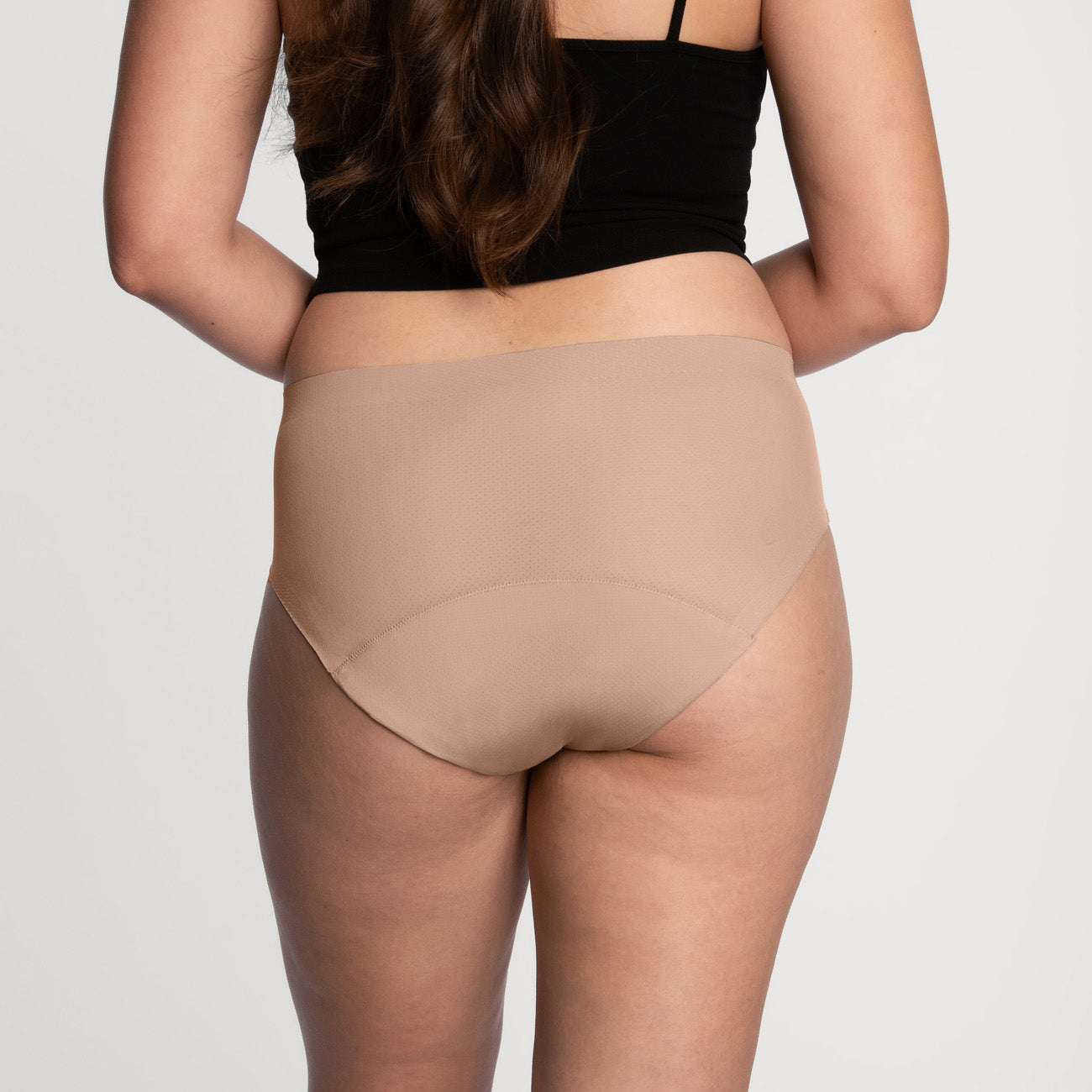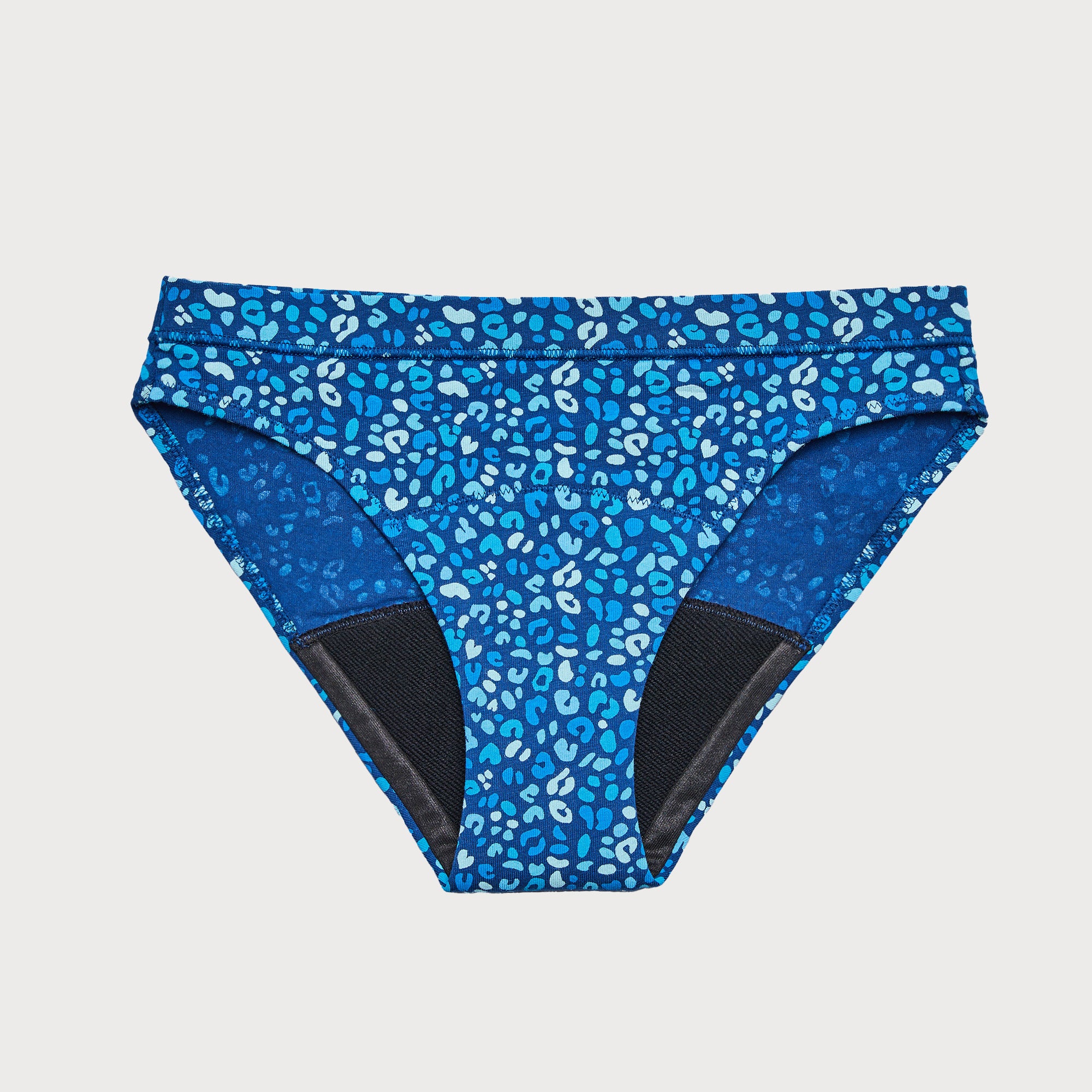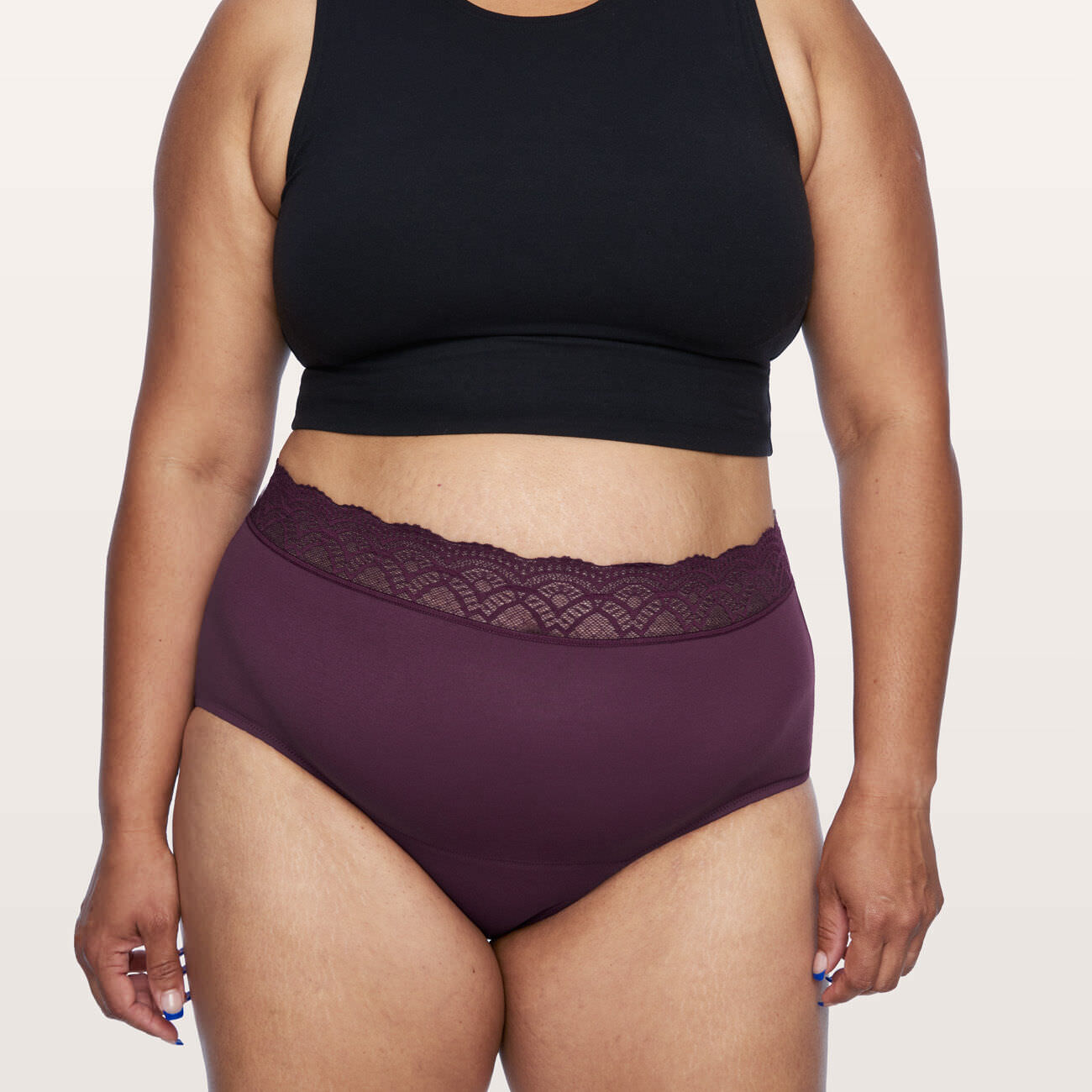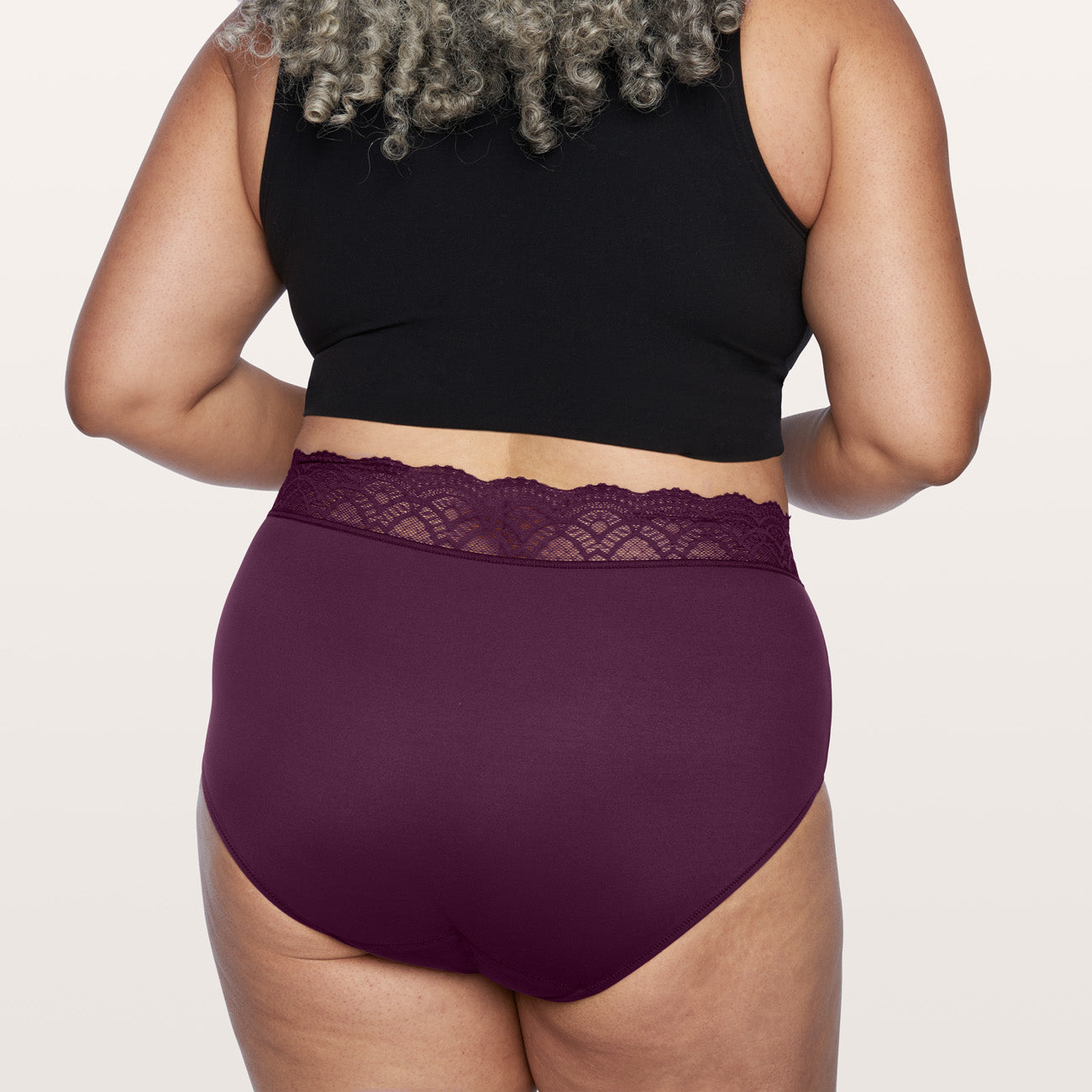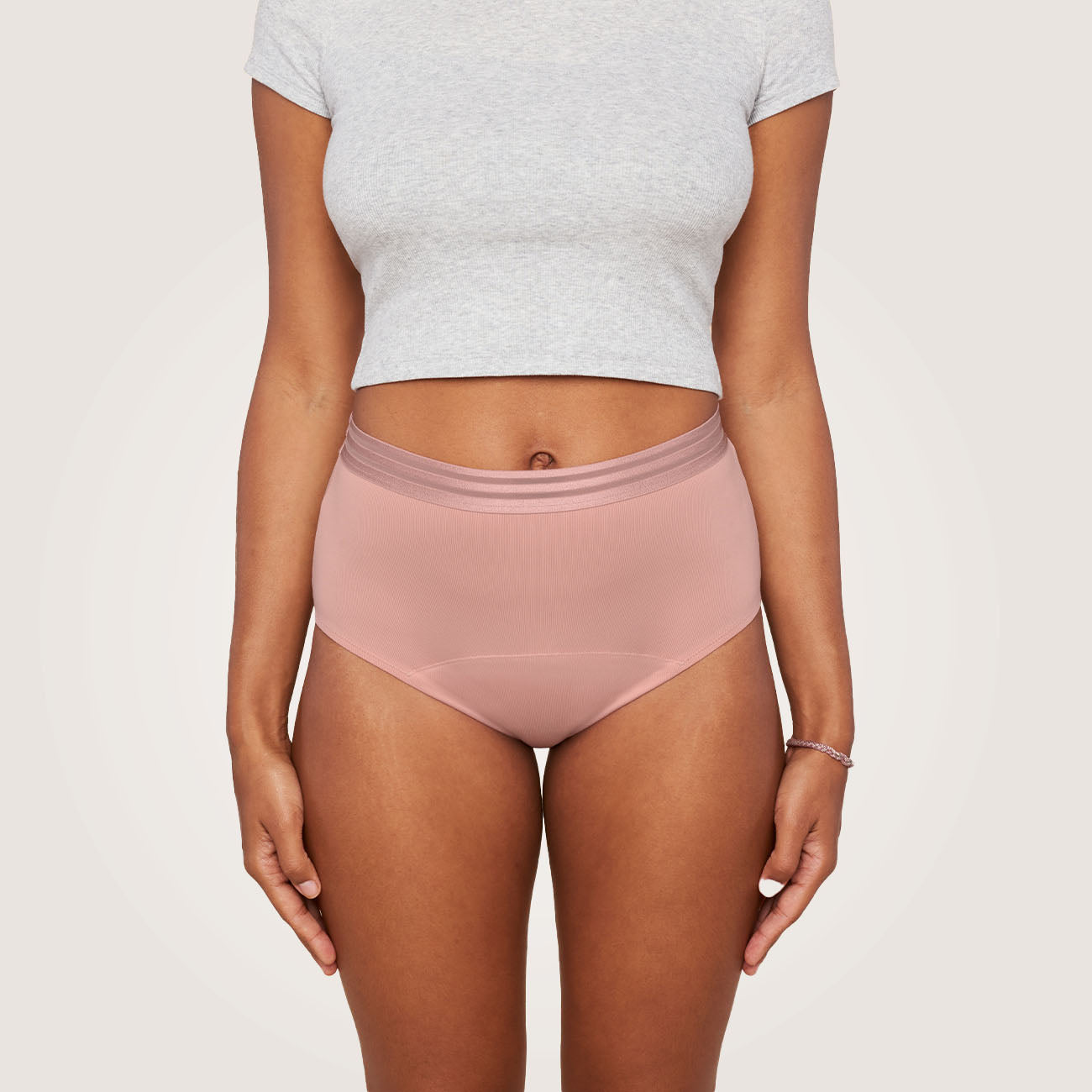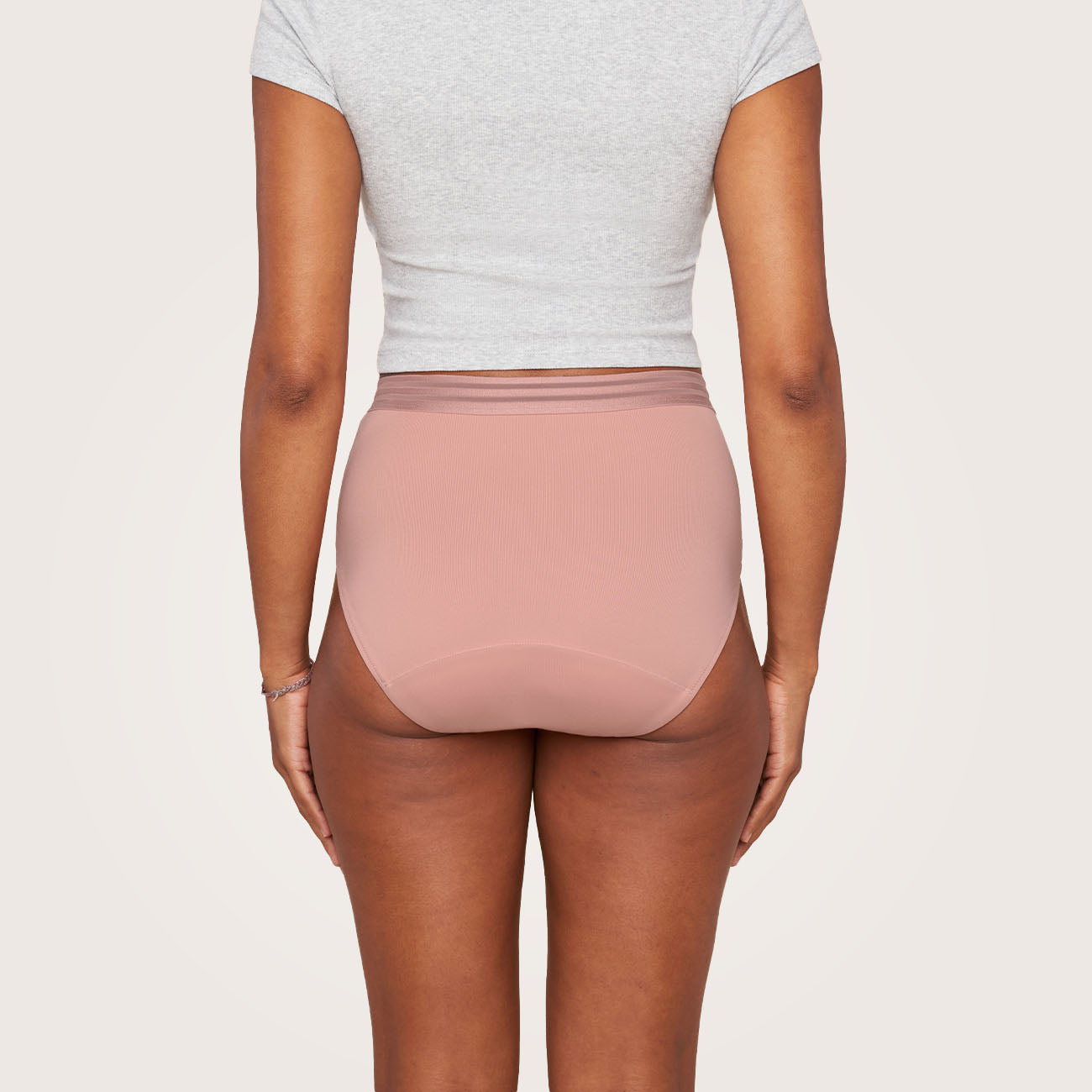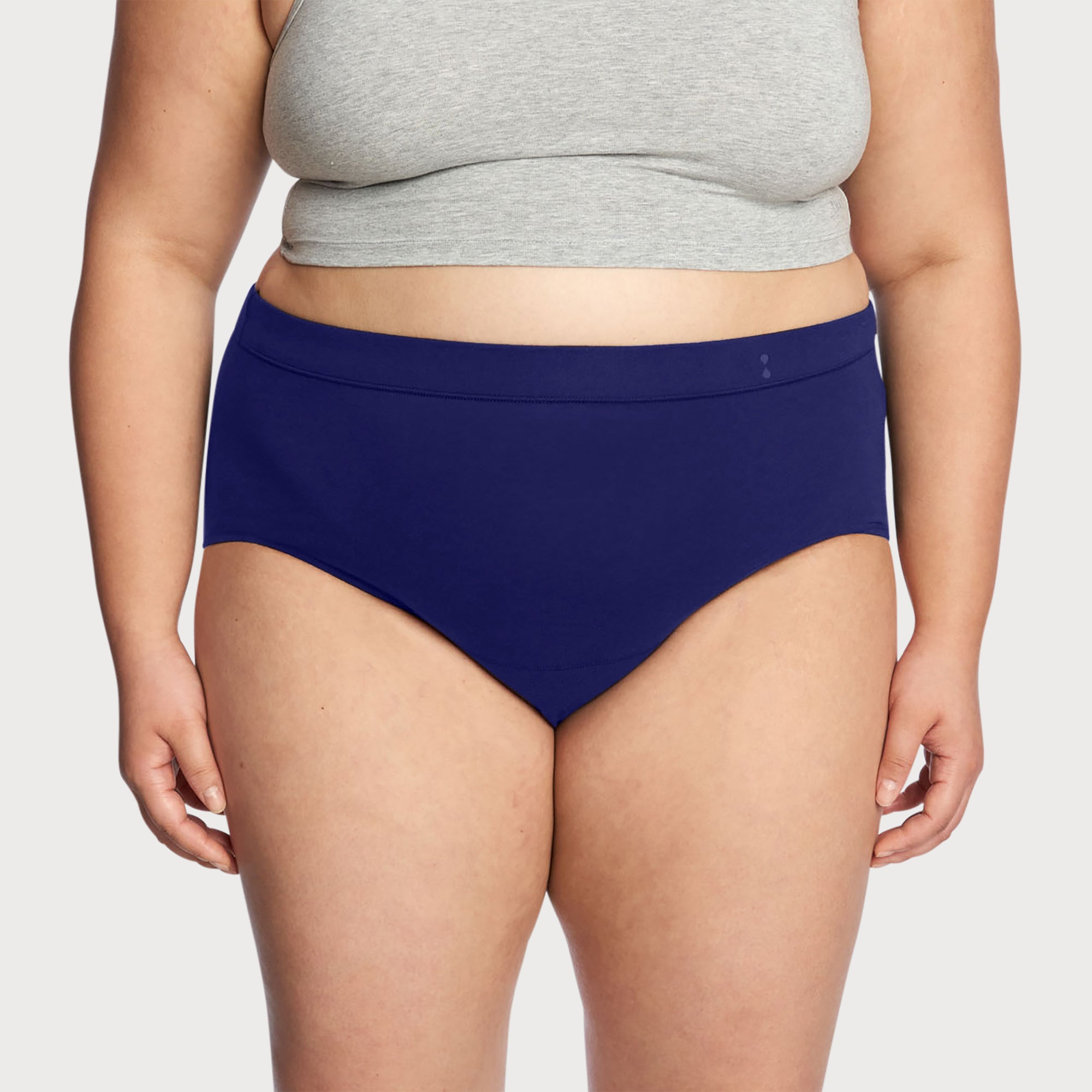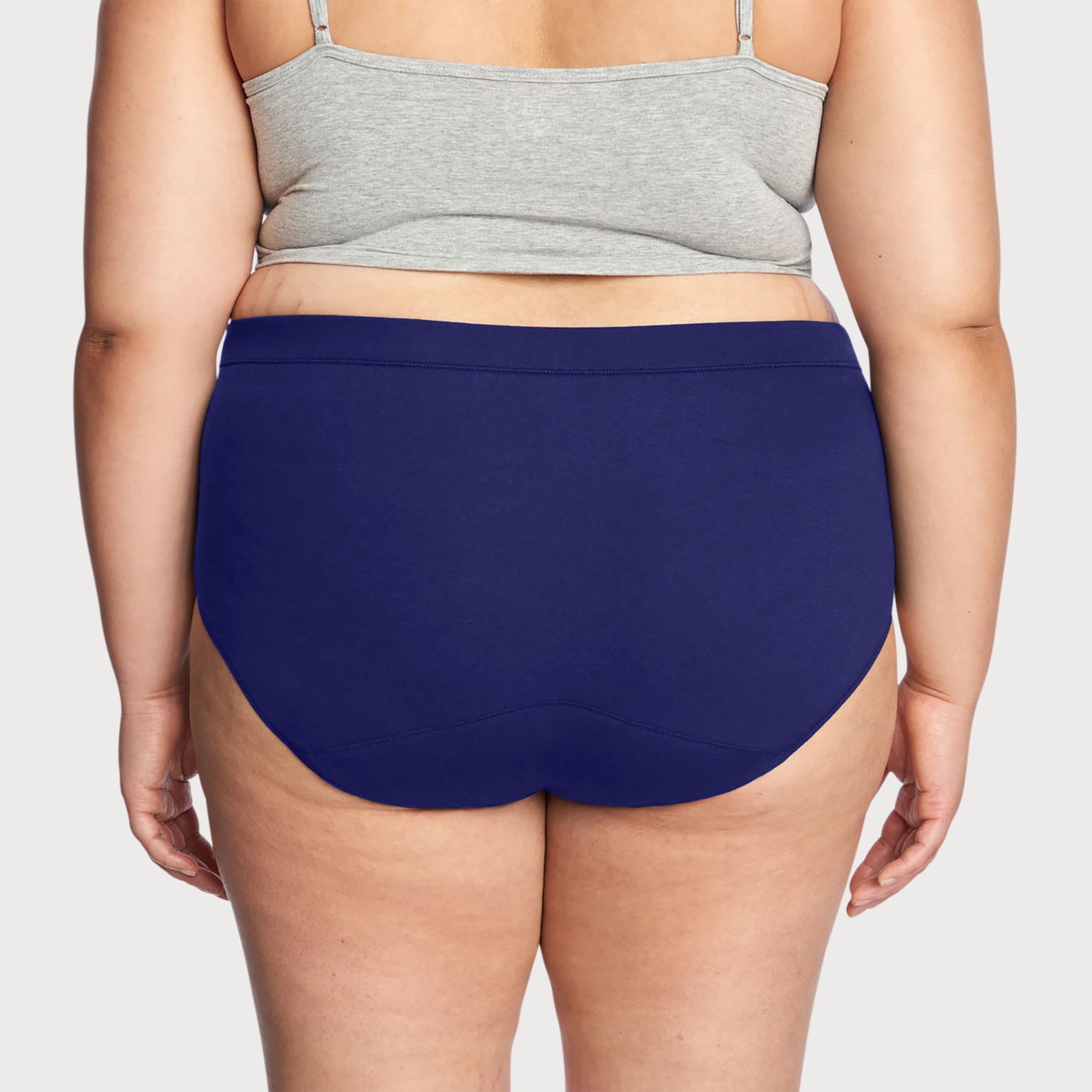When Do Periods Resume After Birth?
- Share this article Copy to clipboard

So, you've welcomed a new bundle of joy into the world, and you're now exploring the exciting (and sometimes exhausting) journey of parenthood. But between the diaper changes and sleepless nights, you may probably be wondering, “When will my period return?”
This can be a common yet important concern, especially when you’re dealing with postpartum recovery, breastfeeding challenges, and everything else that comes with all these hormonal changes. Many new parents worry about experiencing heavy bleeding, painful periods, and managing menstruation postpartum while caring for their baby.
We’ll help ease your worries by giving you an overview of when periods resume after birth and some practical tips for managing your menstrual health postpartum.
what affects your period's return after birth?
how breastfeeding delays your period
Exclusive breastfeeding can be a huge influence when it comes to delaying the return of your period. When you practice exclusive breastfeeding, your body produces higher levels of the hormone prolactin. Prolactin helps with milk production and also temporarily restricts ovulation. This means your menstrual cycle takes a back seat while you're busy feeding your baby. Think of it as nature’s way of giving you a bit of a break.
You can get your period while breastfeeding, but it may vary from person to person –– influenced by how often and how long you nurse your baby.
what if you’re not breastfeeding?
when to expect your period to return
If you're not breastfeeding, your period might make a comeback sooner. Typically, periods resume about six to eight weeks postpartum. But remember, everyone is different. Some might see it sooner, while it may take longer for others. Your body has been through a lot, so give it some time.
other factors that influence the return of your period
Besides breastfeeding, several other factors can influence when your period returns. Stress levels, diet, sleep patterns, and overall health all play a role. The type of birth you had may also impact your recovery time and when your period returns. Vaginal birth typically allows for a faster physical recovery compared to C-sections.
what changes to expect when your period returns
differences in flow and symptoms
Your first period after birth might not look or feel like your pre-pregnancy period. You may experience heavier or lighter bleeding, and the flow might be more irregular. The cramping could feel different, too. Some might find it more intense, while others might not feel that much pain at all. Either way, it's all part of your body readjusting to its new normal.
when to reach out to your doctor
what's normal and what's not
While irregular periods are common, there are times when you should reach out to your healthcare provider. If you experience extremely heavy bleeding and severe period cramps, it’s best to get checked out.
Regular postpartum bleeding, known as lochia, can last for several weeks and gradually changes from bright red to pinkish or reddish brown. This is not your period, but it is a normal part of the postpartum experience.
staying comfortable during your postpartum period
New parents desperately need comfort and convenience. Thinx period underwear is a lifesaver that can give you just that. Unlike traditional disposable products, these undies are reusable and offer leakproof protection for up to 12 hours.
However, it's important to note that Thinx period underwear is not designed to be worn immediately after giving birth. Postpartum bleeding is different from your regular menstrual period, and it’s best to consult with your doctor prior to using any postpartum care products.
why Thinx is perfect for new parents
Thinx isn't just practical—it's also super comfortable. It is designed to fit snugly and move with you like your regular underwear, making it perfect for busy days chasing after your little one.
Incontinence after childbirth is also a common experience since the pelvic floor muscles undergo a lot of stretching after birth. In this case, Thinx for All Leaks can be helpful. Our bladder leak underwear is designed to absorb light bladder leaks and help keep you dry and comfortable.
Every parent’s journey is unique, but having the right information, tools, and products can be extremely helpful. With Thinx, you can be ready whenever your cycle makes its comeback and focus on what matters most — your new baby!
Note: This content should not substitute medical advice from your personal healthcare provider. Please consult your healthcare provider for diagnosis or treatment.
sources
National Center for Biotechnology Information. Postpartum Care of the New Mother. https://www.ncbi.nlm.nih.gov/books/NBK565875/
Cleveland Clinic. Lochia (Postpartum Bleeding): How Long, Stages, Smell & Color. https://my.clevelandclinic.org/health/symptoms/22485-lochia
Heathline. Recovery and Care after Delivery. https://www.healthline.com/health/postpartum-care
Planned Parenthood. Breastfeeding as Birth Control. https://www.plannedparenthood.org/learn/birth-control/breastfeeding
Healthdirect. Periods while breastfeeding. https://www.healthdirect.gov.au/periods-while-breastfeeding




